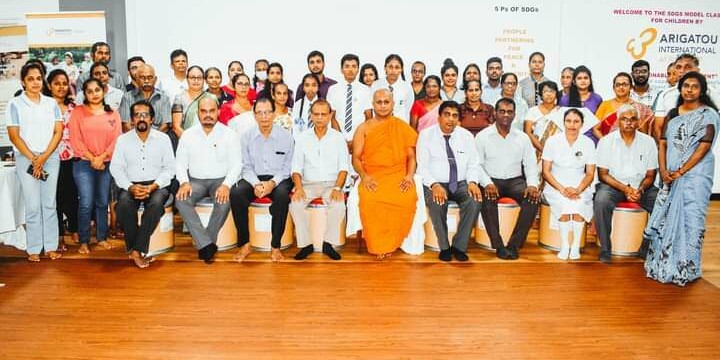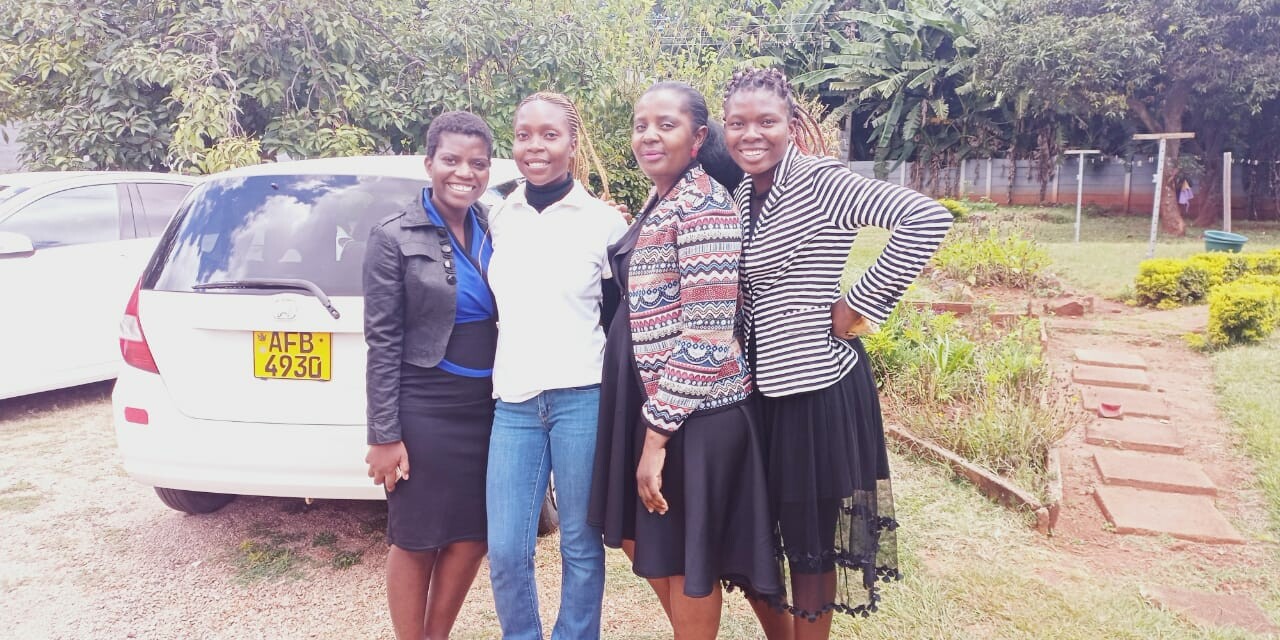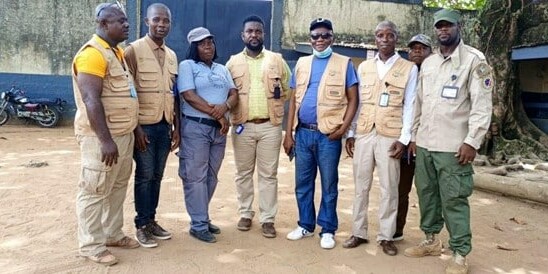Water Crisis Declared in Mindanao
Officials of Butuan City in restive Mindanao have declared an unprecedented “state of water crisis” after more than a month of severe water shortage that has affected the lives of the more than 200,000 residents.
As the story reports, this crisis was brought on by the last natural disaster that struck the southern Philippines in December, the tropical storm “Seniang.”
Our own Global Associate, Dr. Susana Anayatin continues to bring clean water to residents and school children in the same region, by maintaining the water wells restored by the Goldin Institute in recent years. We will continue to monitor the official announcement from Butuan City with Susana and post up-to-date developments on how she and her community is being impacted by the current crisis. The interactive map demonstrating our work with Susana in the region can be viewed here.
Clean Water Not Just an Issue in the Philippines
In Zambia, this recent story points out their own crisis. Over 5 million people are thought to be without clean drinking water. Directly from the piece, WaterAid country representative Fatoumata Haidara commented on the how this impacts Zambia:
[quote]A lack of sanitation is a public health issue as people are affected by their neighbours and communities’ sanitation status as well as their own. The implications of not improving access to clean water and good sanitation will have a spiral effect on all the other sectors such as health and education.”[/quote]
In a related story, a public health consultant furthers the case that sanitation efforts would lead to cleaner water on the African continent and cites the serious challenges that need to be addressed:
Africa has the lowest water supply and sanitation coverage of any other region in the world. It is estimated that one in three Africans has no access to improved water or to sanitation facilities and the number of people lacking those basic services is increasing. The majority of those lacking basic services live in informal or suburban areas and rural communities. Unless actions are taken now, the absolute number of people lacking basic services will increase from 200 million in 2000 to 400 million in 2020.
New Standards Being Set – New Breakthroughs Being Made
The Joint Monitoring Programme for Water Supply and Sanitation or (JMP), recent research published online, recommends a new standard for how “we measure progress toward universal access,” said Jamie Bartram, the Don and Jennifer Holzworth Distinguished Professor of environmental sciences and engineering at the UNC Gillings School of Global Public Health and director of the Water Institute. “Drinking-water and sanitation are essential for good human health and the benefits are maximized when delivered at home.” See more on this story here.
And in this recent editorial by a former U.S. policymaker and physician, Bill Frist speaks to ‘clean water as a currency for peace’ and why we should legislate towards helping achieve clean and safe water around the world:
[quote]In my own experiences as a physician regularly leading medical mission trips, I am constantly struck that providing medical assistance and public health services to others is interpreted as a currency of peace and ultimately as an aspect of public diplomacy. Our assistance to other nations in these areas seems to accelerate in impact when it provides tangible benefits to everyday people. The Water for the Poor Act has been proven.”[/quote]
Finally, we found this story about a Haitian-American janitor at Princeton working singlehandedly to help bring clean water to his home village. Here is an excerpt from the full piece:
 As a young boy growing up in La Source, Lajeunesse and his brother Chrismedonne would make the treacherous three-hour climb up and down the side of a mountain to reach a spring. It was the only way they could get clean water for their family. They watched as their fellow villagers got sick from drinking contaminated water from the river below or injured themselves climbing the mountain trying to do the same … it was after the 2010 Earthquake that he would take action, and Lajeunesse raised $38,000 with students at Princeton to build the pipeline that would bring clean water to La Source. Raising the money was only the beginning. Building the pipeline would prove immensely challenging and take the strength of the entire village to accomplish. Yet eventually, it came to be.
As a young boy growing up in La Source, Lajeunesse and his brother Chrismedonne would make the treacherous three-hour climb up and down the side of a mountain to reach a spring. It was the only way they could get clean water for their family. They watched as their fellow villagers got sick from drinking contaminated water from the river below or injured themselves climbing the mountain trying to do the same … it was after the 2010 Earthquake that he would take action, and Lajeunesse raised $38,000 with students at Princeton to build the pipeline that would bring clean water to La Source. Raising the money was only the beginning. Building the pipeline would prove immensely challenging and take the strength of the entire village to accomplish. Yet eventually, it came to be.



